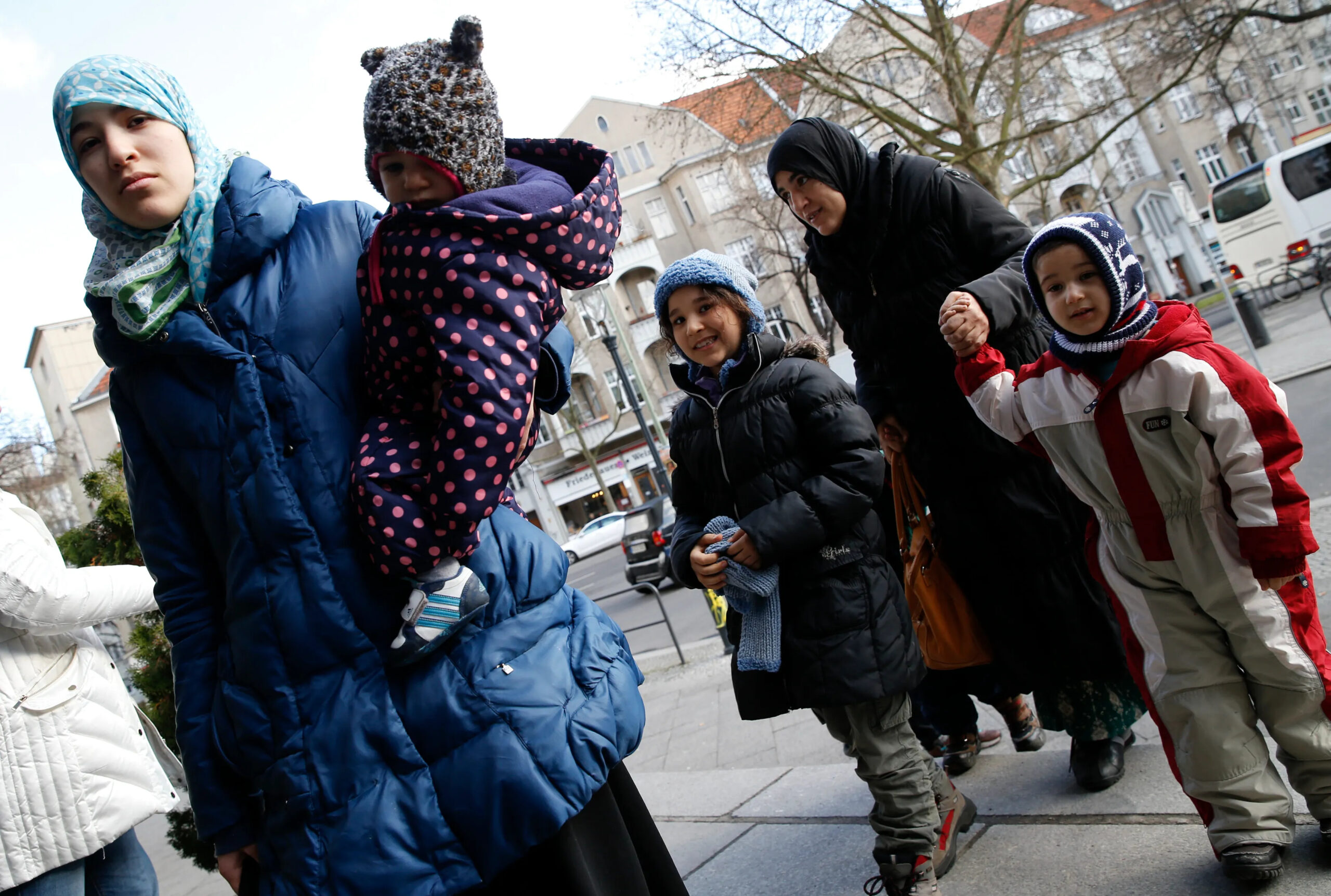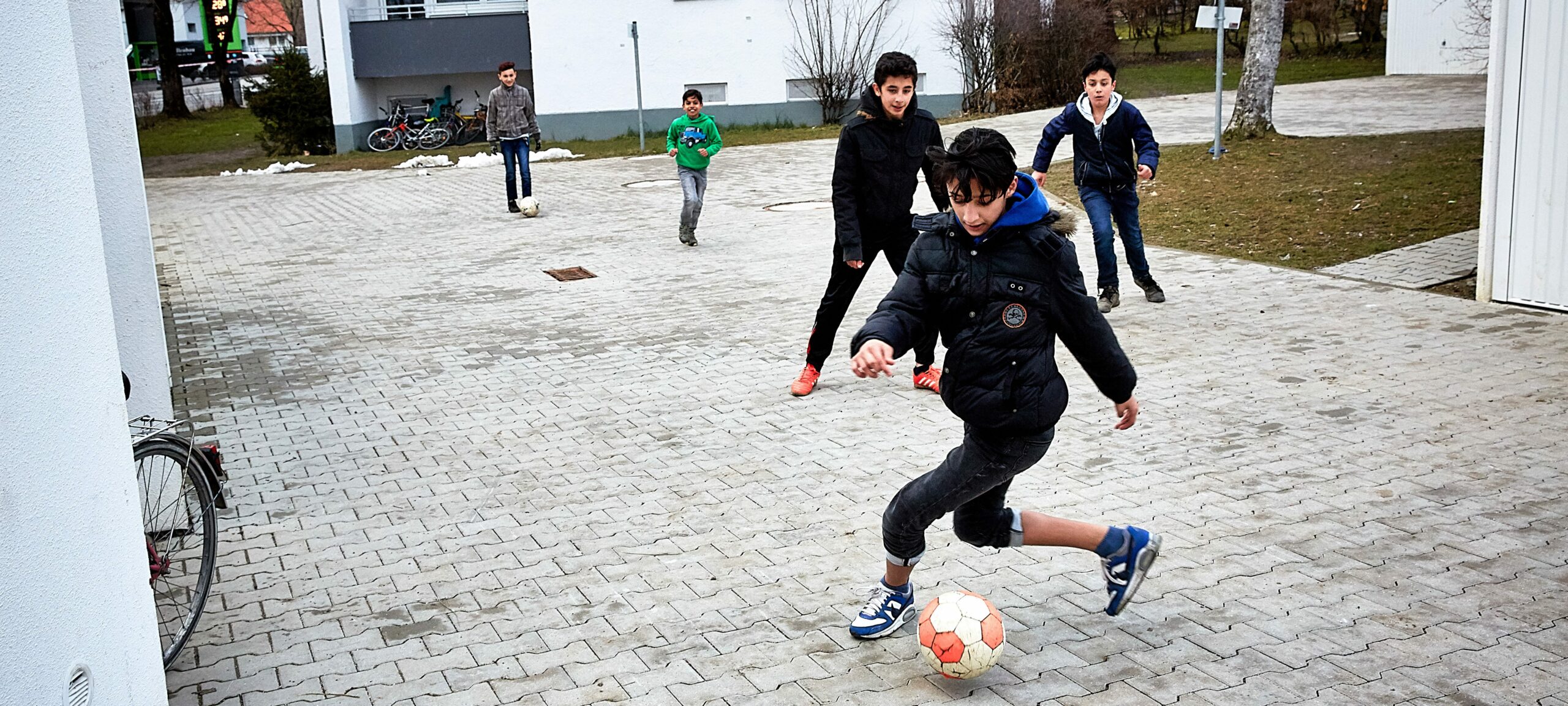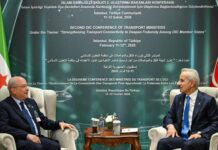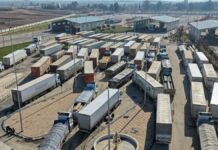
In recent years, a trend has emerged among Syrian refugees who have sought asylum in Europe. Despite the ongoing conflict and hardships in the land they fled, some have chosen to return to the liberated areas of Syria, leaving behind the relative safety and stability of their host countries. Their decisions are shaped by a complex interplay of factors, including challenges faced in Europe, a deep connection to the place of their birth, and concerns about their family’s future.
While many refugees chose neighboring countries like Turkey, Jordan, and Lebanon, others settled in Germany, which is ranked first among EU states and the fourth globally for the number of Syrian refugees. Despite the initial hope for a better life, a large amount of these refugees have made the difficult decision to return to Syria.
Research conducted in March 2021 by the UNHCR indicated that 70% of Syrians expressed a desire to go back to Syria one day, while around 20% expressed no will to ever see Syria again and nearly 10% were unsure about their long-term plans.
Social isolation and discrimination have affected the well-being and integration of some refugees. The vast difference in culture, concerns about the next generation’s loss of their traditions and values, and the pain of separation from their country and family have been among the most hindering aspects to their ability to adapt to a new society.
L24 spoke with three Syrians, all of whom lived in Germany for a year or more, before deciding to return to the liberated areas. They were asked about their time abroad and what caused them to once again risk their lives to return to a country still at war. Ali Khalid Talib, Khalid Maqtafe, and Mahmoud all shared their stories with L24.
“Not a Normal Life”

While Ali found his host country to be idyllic he felt the culture was drastically in opposition to his own, “The land and nature of Europe is very beautiful,” Ali said, “but its laws are strict. They are legalistic and do not deal with the spirit of the laws, and they do not live a normal life. The people go through life as if remotely controlled.”
Ali summed up his view of the incompatibility of a European outlook compared to that of his Syrian upbringing positing that, “Europe has a cultural, intellectual, and social system that is fundamentally different from our thoughts, culture, and everything related to our way of life.”
“A Different Way of Life”
Mahmoud was married with a daughter; he fled Syria seeking a brighter future for himself and his family. Knowing the journey across the sea would be dangerous he left his family behind. He first went to Turkey, then Greece via well-traveled smuggler’s routes before eventually reaching Germany.

Much like Ali, Mahmoud felt German society was cold and artificial, lacking a spiritual component, he reminisced about life back home, “the call to prayer echoes throughout the country with every prayer, men and women are modest, people show generosity and kindness. The Islamic values are evident in the tranquility and joy they bring.”
When speaking about the European culture and treatment there he admitted, “In some parts of the population, there is prejudice against us,” however despite that Mahmoud continued, “I did not criticize the country’s laws, as they have egalitarian laws that apply to everyone.” He admitted that while he had religious freedom, even joining German-Arab Muslim communities where he prayed, fasted, and could practice his faith, he was unable to fully adapt to life in Germany, “It’s just a different way of life,” he concluded.
“Between Two Fires”
Much like Ali and Mahmoud, Khalid Maqtafe, also ultimately decided going home was better than staying abroad. Khalid recounted a conversation with an Iraqi woman he worked with in a German refugee center. “She told me that her dream was to live in her house in Baghdad, which is no larger than the size of her kitchen (in Germany), five square meters. But if she decided to go back, her children wouldn’t.”

This concern is shared by many Syrian refugees. The loss of their children’s identity. Even across the border in Turkey, refugees have lamented that those who grew up there cannot read or speak Arabic properly while expressing themselves fluently in Turkish. Yet more than just learning the language it is the fear of their Syrian culture being supplanted by a European one.
Mahmoud warns that many who relocate to Europe do so, “without considering the education of their children and the culture they are accustomed to. A child picks up everything.” The idea that they are exposed to their native culture and traditions only at home is not lost on Khalid who said, “The issue of raising children in Europe is very difficult because we all know that it is not the home that raises. The street and the school play a significant role, and this worried me a lot.” Ali concludes that “The education system is fertile for raising the youth as they wish, not as I wish, and herein lies the danger.”
The Pull of Homeland, Culture, and Family
The decision to return to liberated Syria, despite the continued dangers, war, and economic hardships underscores the deep connection of these refugees to their homeland, culture, and people. The longing for traditional family structures, better social and educational opportunities, and the hope for a brighter future in Syria has drawn many back.

While some think choosing to leave the comfort and safety of Europe is insane Ali has a different view of what the sane option is, “No matter how long your exile is from your country, you must go back to it. (Syria) needs its sons in normal circumstances, and it needs them even more in times of war. To live in isolation from them, only claiming sorrow for them and their pains, which is not rational in any way.”
The experiences of Ali, Khalid, and Mahmoud reflect the complex and deeply personal nature of the decision to return to Syria. Their stories underscore the profound ties that bind individuals to their homeland, even in the face of adversity.
As the conflict in Syria continues, the experiences of returning refugees offer a unique perspective on the complexities of the refugee condition. Over time, the situation in the UK and the EU has become gradually more extreme, with many anti-immigration right-wing parties coming to power. Conversely, the condition in many parts of the liberated territories in Syria has slowly improved creating opportunities for those once forced to leave to live in the land of their birth once again.








